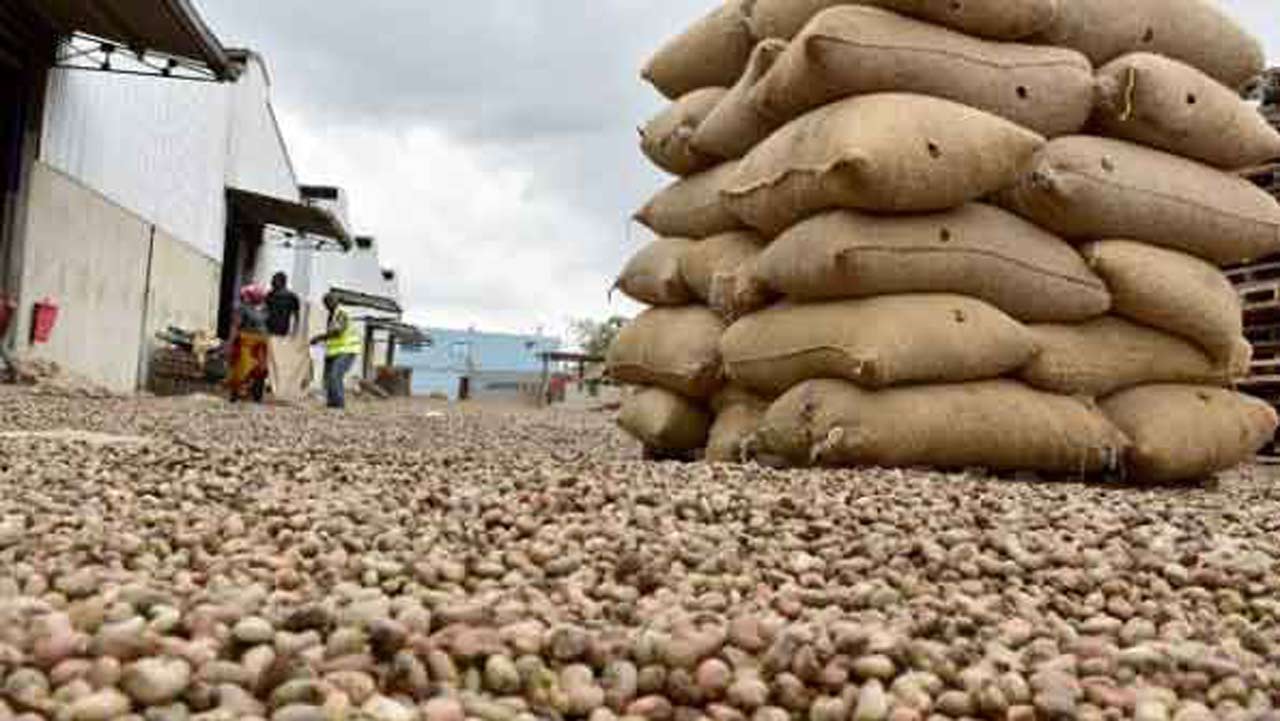Nigeria spent a total of ₦30.81 trillion on debt servicing between 2020 and 2024.
This is according to the analysis of data from the Debt Management Office (DMO).
The data also shows that during this period, the country generated a total of N51.05 trillion, meaning that 60.35 per cent of the revenue was spent on debt servicing, leaving a paltry 39.65 per cent for the provision of other essential services.
In 2020, Nigeria spent N3.34 trillion on debt service; the figure declined to N2.93 trillion in 2021, edged up to N3.76 trillion in 2022, and jumped to N7.66 trillion in 2023, before hitting N13.12 trillion in 2024.
According to the DMO, the country’s total debt profile rose by 349 per cent from ₦32.22 trillion in 2020 to ₦144.67 trillion in 2024.
This figure is even projected to hit N187.79 trillion by the end of 2025, given the rate at which the government is still borrowing.
Presently, President Bola Tinubu is requesting Senate approval for a new $21.5 billion external borrowing plan as part of the 2025–2026 borrowing strategy. In addition, the President is also seeking a ¥15 billion Japanese loan and a €51 million grant, indicating continued reliance on external financing.
While experts are worried that the country’s debt profile is heading towards an unsustainable stage, the government has argued that it does not have a debt problem but a low revenue issue.
Nigeria’s debt experienced a leap in the last two years, owing basically to the increased borrowing by the government to finance budget deficits. For example, between 2023 and 2024, the country’s external debt increased by 83.89 per cent from N38.22 trillion ($42.50 billion) in December 2023 to N70.29 trillion ($45.78 billion) in December 2024. Domestic debt also rose by 25.77 per cent from N59.12 trillion ($65.73 billion) at the end of December 2023 to N74.38 trillion ($48.44 billion) in December 2024.
Following the Naira devaluation in June 2023 and June 2024, the exchange rate fluctuated dramatically from about N460 to N1500 per dollar, increasing the burden on existing foreign obligations.
Experts blame a lack of fiscal discipline as a critical factor in Nigeria’s debt accumulation. Despite regulations such as the Fiscal Responsibility Act of 2007 (FRA), which mandates borrowing only for capital investments and human development, these guidelines have often been ignored or poorly enforced, resulting in excessive borrowing and not necessarily connected to productive investments. This is part of the argument of those pushing for the review of the FRA. They say the FRA should include strict penalties for violations and the empowerment of the FRC with investigative and enforcement authority.
The rising interest rates have held the country’s debt servicing in a chokehold. Interest rates worldwide have risen, putting additional pressure on Nigeria’s capacity to handle its debt responsibly. The surge in borrowing costs has made it increasingly difficult for the government to meet its financial commitments without taking on more debt.
Recently, the African Development Bank (AfDB) raised the alarm that Nigeria’s rising debt costs were tending towards unsustainable levels, stating that the country is projected to spend 75 per cent of its revenues on interest payments in 2025.
This is according to the newly-released AfDB’s 2025 African Economic Outlook titled “Making Africa’s Capital Work Better for Africa’s Development”.
According to the Bank, a country’s debt-to-GDP ratio may be low and still face high debt burdens if substantial shares of revenue are channelled towards debt service payments.
Nigeria presents a clear example of this. For instance, in 2025, Nigeria’s public debt was projected at 47 per cent of the GDP.
“However, three quarters of federal government revenues were projected to be spent on federal government interest payments,” AfDB said in the report, adding that a slowdown in economic growth or a rise in interest rates could reverse recent gains.
The opportunity cost of this excessive debt service obligation is the country’s inability to properly fund social services such as education and health.
The economy is already being impacted negatively as Nigeria is facing a challenging economic environment, which is limiting the government’s ability to invest in its future. It is also significantly impacting Nigeria’s economy by limiting government spending on critical areas like infrastructure and social services, including health and education.
For instance, in the 2025 budget, while education and health were allocated N3.52 trillion and N2.48 trillion, respectively, debt servicing was allocated N16.327 trillion. This is higher than the combined total budget of education N3.52 trillion, health N2.48 trillion, security N4.91 trillion and infrastructure N4.06 trillion.
This is outrageous for a country with over 10 million out-of-school children, where the health facilities are in deplorable conditions, a collapsing infrastructure and a high level of insecurity.






